Nigeria wrapped up a huge effort to register voters in Africa’s most populous nation Saturday ahead of April elections after a process that was sometimes chaotic and violent — but better than past years.
The aim was to provide what many say the country has never had: a credible voters’ register to form a basis for the presidential, legislative and state elections that are being called among the most important in Nigeria’s history.
Nigeria’s electoral commission, headed by a respected academic appointed only months ago, deployed computers to take prints from each finger of every voter during the registration process that began on January 15.
At a polling station at a school in the sprawling economic capital Lagos, which rivals Cairo as Africa’s largest city, two queues formed with some 20 people each, the process hobbled by an erratic power supply.
Someone showed up with a small generator and an idea for a business, offering to laminate registrants’ voter cards for 50 naira (.33 US cents, .25 euro cents) since electoral commission workers had run out of plastic sleeves to put them in.
David Ekene, a 20-year-old student, had come to register a few days before but had to return Saturday to pick up his voter card because there was no electricity to operate the printer on his first visit.
But despite the problems, he and others said they believed the process was running well enough. Ekene said he hoped violence that has marred previous elections would not happen again.
“People don’t like coming out to vote on that day because of the problems,” he said. “I hope this one will be OK.”
At another Lagos registration centre in the Mushin district, where vendors hawk piles of raw meat stacked by the roadside as residents swarm around lines of mini-buses, the process appeared to be running smoothly.
Only one voter was there on Saturday morning, however, and workers said they believed most people in the neighbourhood had already registered. It took him less than 10 minutes to scan his fingerprints and have his card printed.
“From every evidence we have, there is a tremendous improvement over the last exercise,” said Kayode Idowu, spokesman for the electoral commission.
Many observers also say registration has been better this time around, but improvement over 2007’s effort was not a high hurdle to clear.
An entirely new roll is needed to replace the one used in the 2007 ballot, which was riddled with false names and underage voters — among the reasons observers labeled the vote deeply flawed.
The process had begun poorly in mid-January, with malfunctioning equipment and registration stations failing to open. Machines were also stolen, and violence occurred in some areas.
But many of the technological problems were solved, and last week the electoral commission announced that nearly 55 million people had been registered as of January 31.
The process was due to end January 29 but was extended through Saturday after concerns that not everyone who wanted to register was able to do so. The commission projects at least 62 million will register in total.
There have been suggestions that another extension could occur in selected areas — such as heavily populated urban centres — but the commission has made no such announcement.
President Goodluck Jonathan is favoured to win the election in Africa’s largest oil producer after defeating a challenge from the country’s mainly Muslim north to take the ruling party nomination.
However, the race could become more competitive than in recent years if opposition parties manage to form an alliance against him.
-AFP
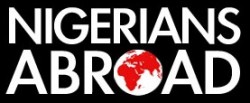


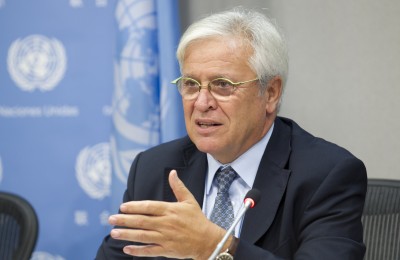
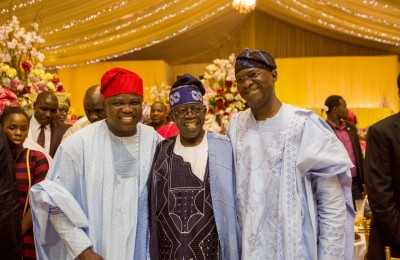
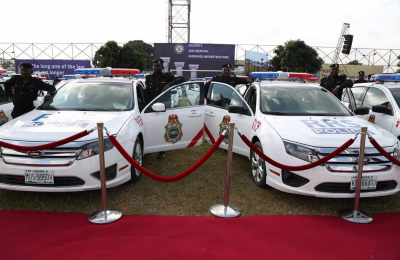



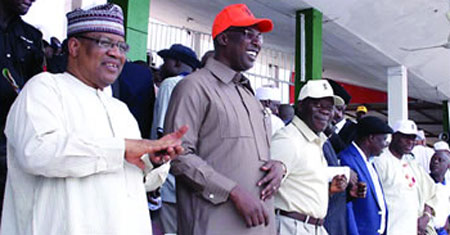





One thought on “Final push to register millions of Nigerian voters”